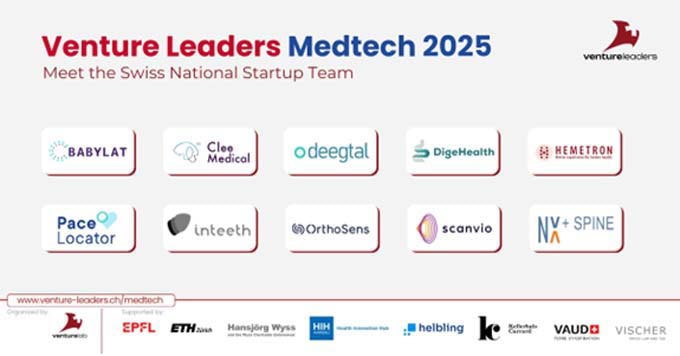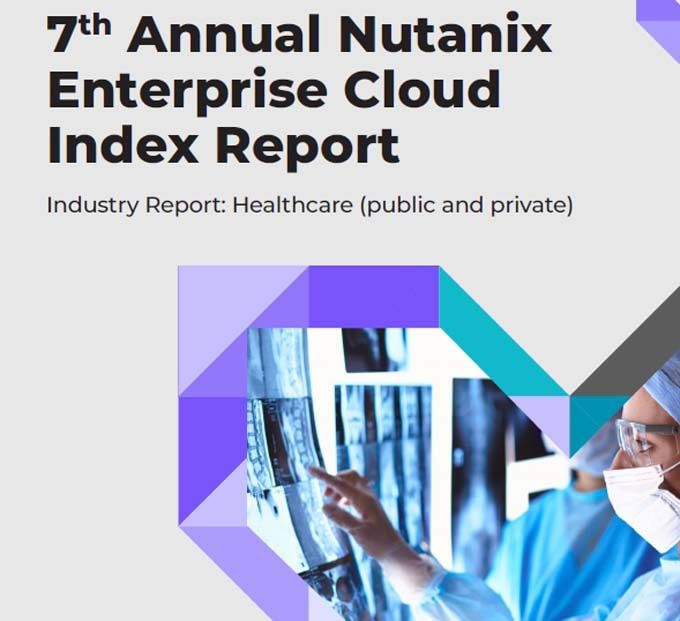From Homo sapiens to Homo digitalis
Digitization is advancing at a rapid pace. The author has his own thoughts on this and finds some developments worrying.

Running away is not an option, talking down is of no use. What started as a mere conversion of ana-logenic into digital data is a fact. In industry, robots are spreading rapidly, and 3D printers reproduce the most diverse objects quickly and perfectly. Drones and self-driving cars are no longer science fiction. Reality and vir-tuality are visibly merging. There is no end in sight.
Already underway is the next stage of evolution - the Internet of Things. The refrigerator orders its own supplies, the car recommends the pneumarke when changing the tyres, the copier not only requires paper but also orders it in the right quality.
A decisive factor for success is the speed of development. The beginnings of digitalisation have shown us how formative this can be, when media managers and retailers first ignored the topic, then reacted too late or half-heartedly. Today, they have to see how they get along with the American platforms - the media with Facebook, the retailers with Amazon. In any case, they no longer define the rules of the game. Managers whose markets are undergoing digital transformation should learn from these experiences and take action. What can be digitized will be digitized. It is only one
"We are about to give up our most important individual need - personal freedom."
It's just a question of time when which industry will be captured. Ultimately, it is the speed that makes the winner. Those sectors whose products can be completely digitized (high-tech, media, finance) or whose products are primarily demanded by private consumers already have a very high degree of transformation. What follows now are the B2B markets.
Digitization is of central importance for the economy. However, we will only see the effective impact on our society, our values and our lives in a few years' time. We can shop via app, stream movies and music, do banking online, exercise with a fitness tracker. We can share selfies, pictures and videos of ourselves with friends and followers on various social media platforms, and so on. All of this brings relief, but also negatives here and there. Then, on a personal level, we should ask ourselves critically, "Do we even want this?" There is no going back. What's the point? But we can weigh and decide what is useful for us.
Indeed: Homo sapiens is transforming into Homo digitalis. While Maslow's pyramid of needs was still on solid ground in the 1990s, today it has developed in a completely different direction. The basic needs of homo digitalis now include a stable and fast dedicated Internet line, Wi-Fi everywhere, 4G networks and hotspots, smartphones and electricity. The need for security, understanding and safety has been replaced by Whatsapp, Google, navigation and weather apps. Our social anchors such as family, friendship, love and belonging to groups have also been reinterpreted with digitalisation through Facebook, Twit-ter, Instagram and Youtube. And we are about to give up our most important individual need - personal freedom. This is what our ancestors fought for. On the Internet, however, it's mostly about becoming an attractive Youtuber and having millions of followers.The quest for self-realization has gone completely overboard. We post our most intimate secrets and desires on the Internet on #meinleben without restraint. Do we really want that?
Personally, I find some developments disturbing. I wonder what the consequences will be. But in the digital world there is no off switch, there is only online or offline. The future will probably not be better or worse than the past, but certainly completely different than today. Different than we can imagine now. Either way, being ready is everything.









